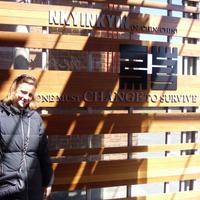
Dr. Marta Tomaszkiewicz
@amplicomics
Researcher in academia studying drug resistance in cancer. You either have to be part of the solution, or you're going to be part of the problem.
ID: 3033592246
12-02-2015 22:28:49
224 Tweet
224 Followers
812 Following

A new approach to gene therapy — developed by Eberly researchers led by Doug Cavener in Penn State Biology — bypasses disease-causing mutations in the gene, enabling treatment of genetic diseases such as cystic fibrosis and other rare diseases. buff.ly/3arPmx0 @barbiebaby61
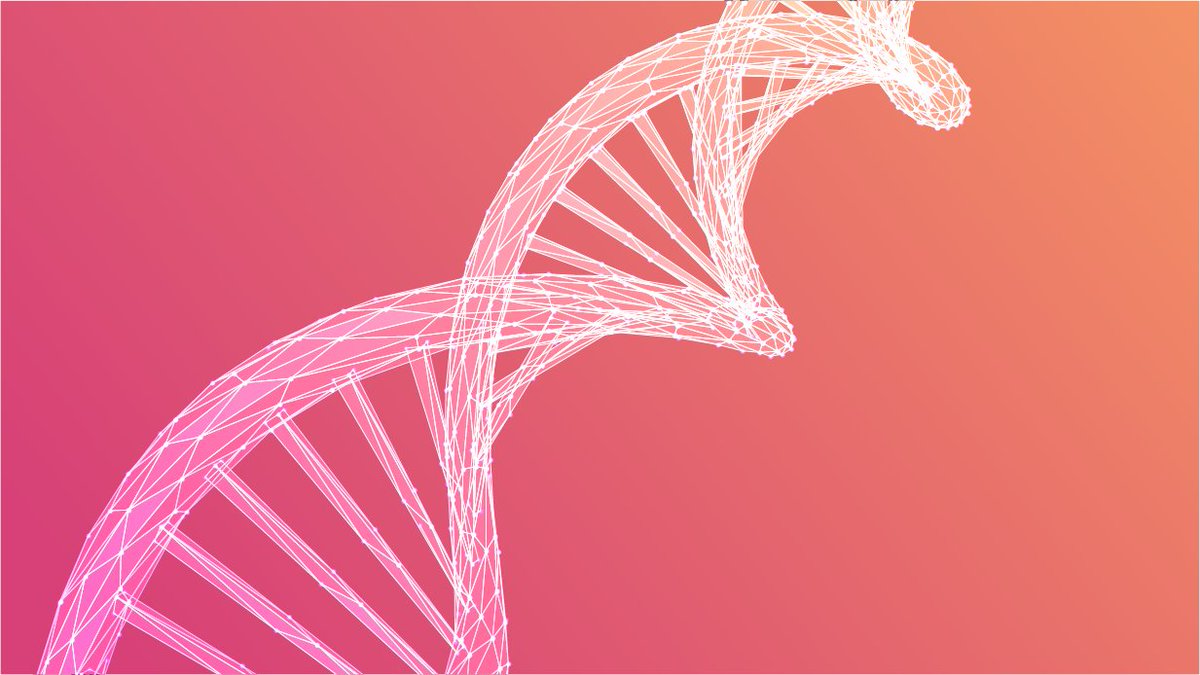



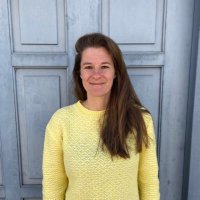
Our paper in Journal of Heredity American Genetic Association is out in print! Led by @TheaRogers we tested for multi-copy gene family evolution on the avian W chromosome. W chromosomes seem to follow quite different evolutionary trajectories to the Y! academic.oup.com/jhered/article… 1/6


Do you know someone interested in algorithms and scientific research? I'm looking for a PhD student in Computational Biology to work at @ScilifeLab and Stockholm University. Deadline Nov 5th. More details here: sahlingroup.github.io/positions/ #PhDposition #academicjobs #Bioinformatics



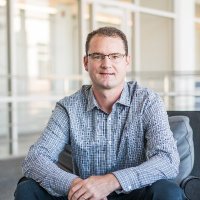

Interested in #satellite DNA and sex chromosomes, especially in human? In this review, an absolute #satellite DNA expert Karen Miga and I cover the relationship between satellite DNA and sex chromosome aneuploidies sciencedirect.com/science/articl… #bioinformatics #aneuploidy #centromere
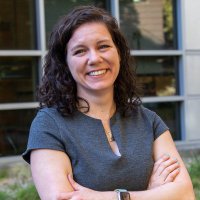
Thank you! Also crediting the talented Monika Cechova (Monika Cechova Mich).

Mariana Wolfner and I seek an enthusiastic postdoc to work on an NIH-funded project to dissect the molecular basis for male-female interactions during and after mating. Join the exciting Drosophila research community at Cornell. Email [email protected].

This work is finally out: academic.oup.com/gbe/article/15… It started in 2019 when I designed short universal probes for capturing ampliconic gene transcripts from 9 gene families from 6 great apes. Two cDNA replicates per RNA sample, PacBio IsoSeq, clustering with isONclust by Kristoffer Sahlin

A team led by PSU researchers, including senior author Justin Pritchard and Scott Leighow, has created a modular genetic circuit that turns cancer cells into a “Trojan horse,” causing them to self-destruct and kill nearby drug-resistant cancer cells. psu.edu/news/research/…